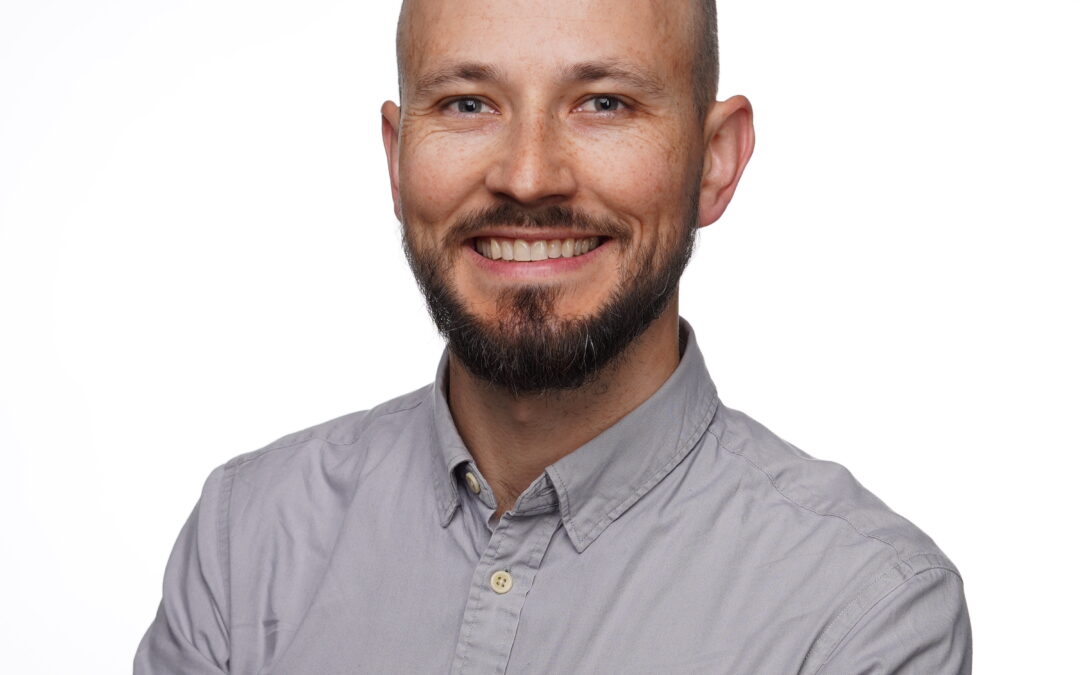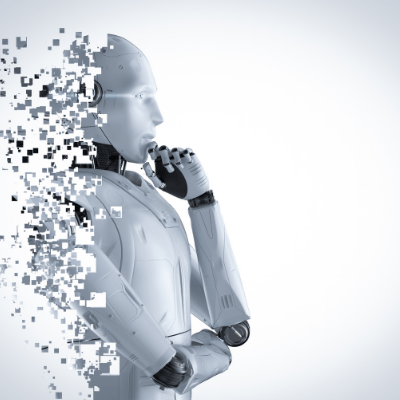Building DS/ML/AI capabilities are important for companies to differentiate themselves in today’s competitive landscape.
But, often early initiatives lead to failure because of mismatched expectations between what’s promised and what’s delivered.
In this session we coverered common failures and how to avoid them/identify them early to mitigate them, as well as an overview of the expectation setting, skill sets, tooling, and infrastructure that’s commonly required to enable you to get from 0 to 1 successfully.
About the speaker: Stefan Krawczyk

A hands-on leader and Silicon Valley veteran, Stefan has spent over 15 years working across many parts of the stack. For the last decade, he’s focused primarily on data and machine learning related systems and their connection to building product applications. He has built many 0 to 1 and 1 to 3 versions of these systems at places like Stanford, Honda Research, LinkedIn, Nextdoor, Idibon, and Stitch Fix.
A regular conference speaker, Stefan has guest lectured at Stanford’s Machine Learning Systems Design course and is an author of a popular open source framework called Hamilton.
Stefan is currently CEO and co-founder of DAGWorks.
Resources on Hamilton & DAGWorks:
- Hamilton Repository
- Try Hamilton in your browser – a series of tutorials to help understand it.
- Hamilton examples folder (shows breadth of what you can express)
- We have a slack community you can join too.
- Sign up for the DAGWorks’ blog – it covers soft skills to technical topics:
- E.g. change management — useful if you’re trying to bring in change to a team/organization.
- E.g. tactical thoughts on who much code you should structure your code
- E.g. reference posts, like building Machine Learning Pipelines, feature engineering
- E.g. posts on technologies, like Hamilton + Airflow, Hamilton + PySpark.
- DAGWorks website — can sign up for free to check out the lineage & observability features we’re building on top of Hamilton.

























